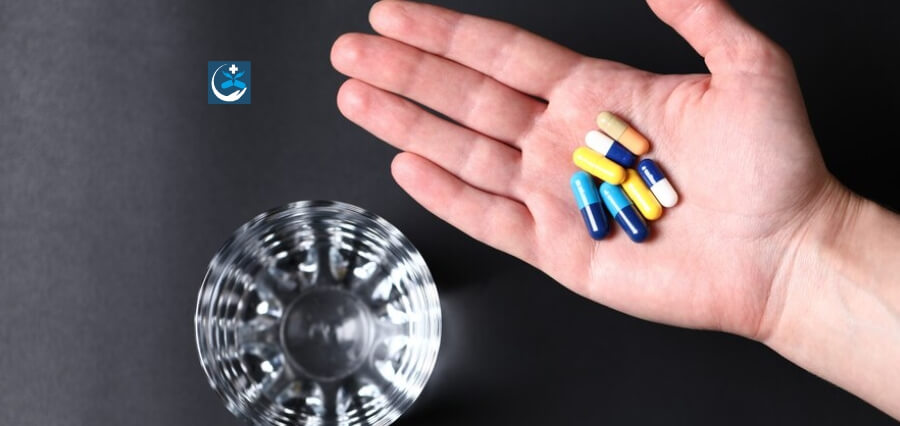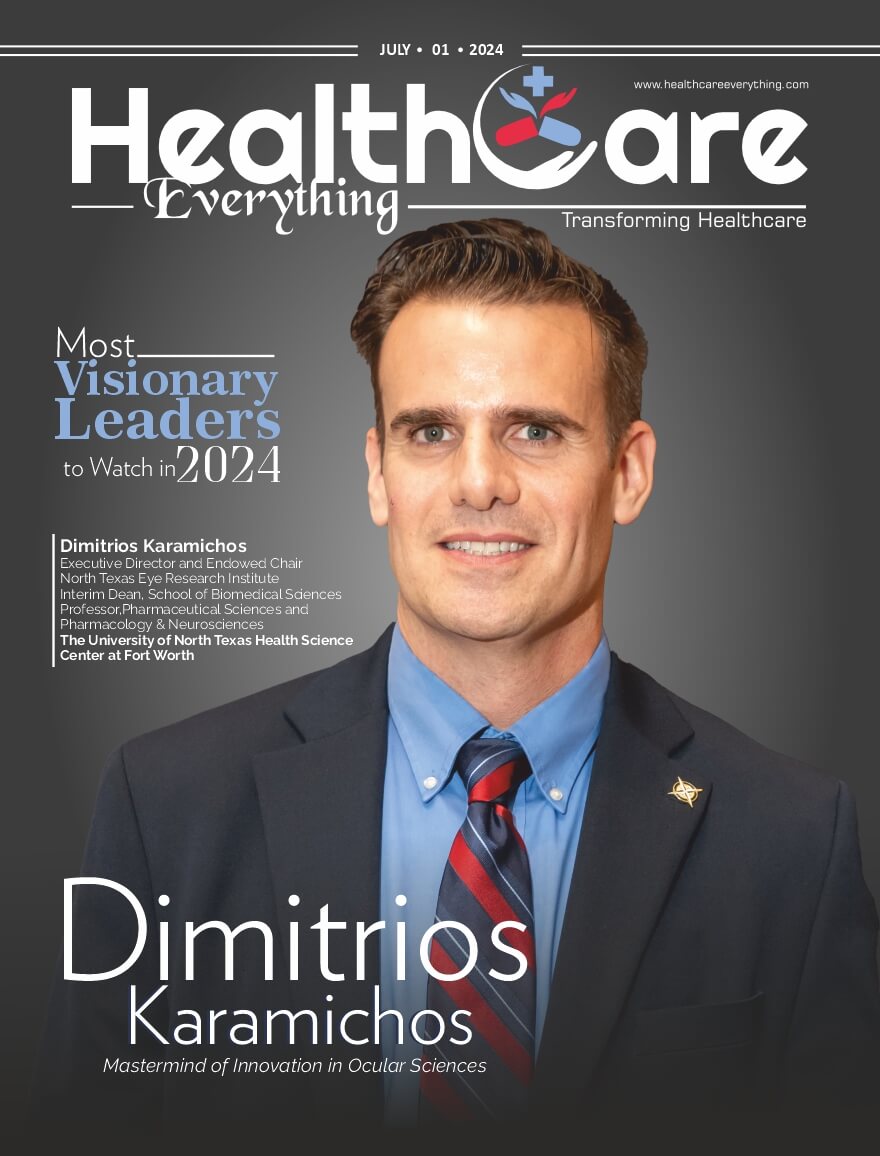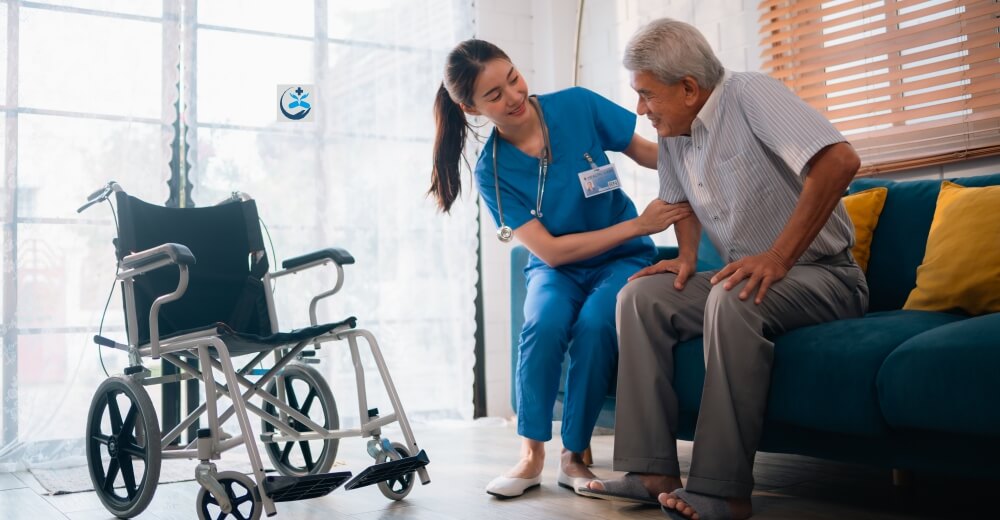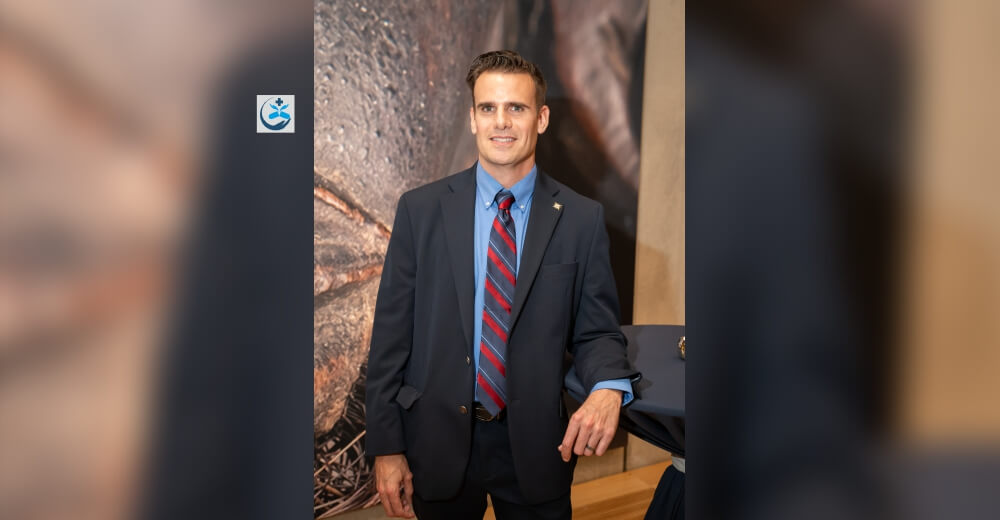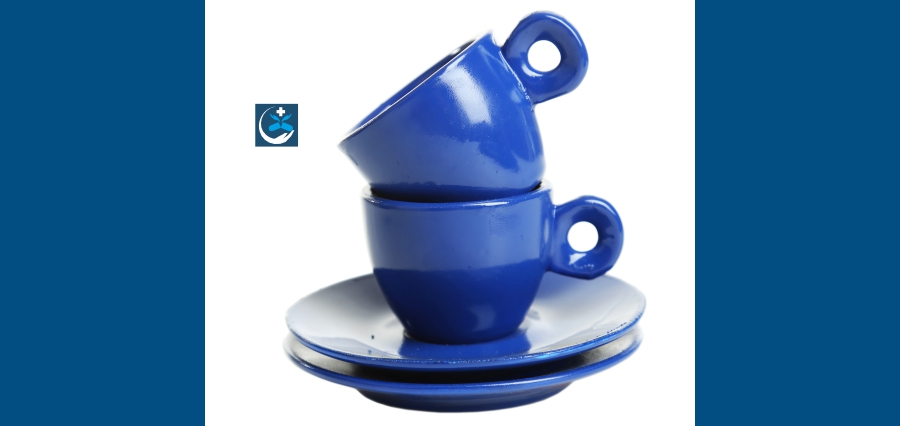Researchers reported on Thursday that a cheap, widely accessible antibiotic pill reduces the risk that individuals exposed to drug-resistant tuberculosis will develop the particularly deadly strain of the illness.
According to the World Health Organization, tuberculosis is the second most deadly infectious disease, killing just marginally fewer people than Covid-19 in the previous year.
An estimated 450,000 people get multidrug-resistant tuberculosis (MDR-TB) annually, a disease that is no longer treatable with first-line medications.
Due in part to the fact that MDR-TB disproportionately affects people in developing nations, only two out of every five patients with the disease had access to treatment last year.
However, new research from South Africa presented at the Union World Conference on Lung Health in Paris has found that the widely available antibiotic levofloxacin safely reduces the risk of children developing MDR-TB by 56%.
It was the first randomised, placebo-controlled trial, which is regarded as the gold standard, to examine whether a medication could prevent MDR-TB in children, lead researcher Anneke Hesseling told AFP.
Children living in households where a parent has the illness may benefit greatly from the pill, according to Hesseling, a Stellenbosch University researcher.
“When the kid has been exposed to MDR-TB, they’ve often seen people die – it’s been devastating in their family,” she stated.
In 45 percent of adult Vietnamese participants, levofloxacin prevented the drug-resistant strain, according to the findings of another study that was presented at the conference but has not yet undergone peer review.
When the two research teams combined their efforts, levofloxacin was found to reduce MDR-TB risk by 60% overall for all age groups, according to a statistical method known as Bayesian analysis.
453 children who had an adult with MDR-TB in their home were monitored in the South Africa trial, which was partially supported by the international health organization Unitaid. Only five people got sick with it.
The research has been dubbed “a major advance that has the potential to protect millions of children from a debilitating illness” by Unitaid Chief Philippe Duneton.
Since it became widely available decades ago, levofloxacin has been used primarily to treat tuberculosis rather than to prevent it.
For six months, the preventive treatment consisted of taking a pill once daily. Hesseling stated that a more palatable, easily dissolved, and “kid-friendly” form of levofloxacin has been created since the trial.
The WHO is anticipated to revise its tuberculosis guidelines in the upcoming months, which is why the research was made public.

